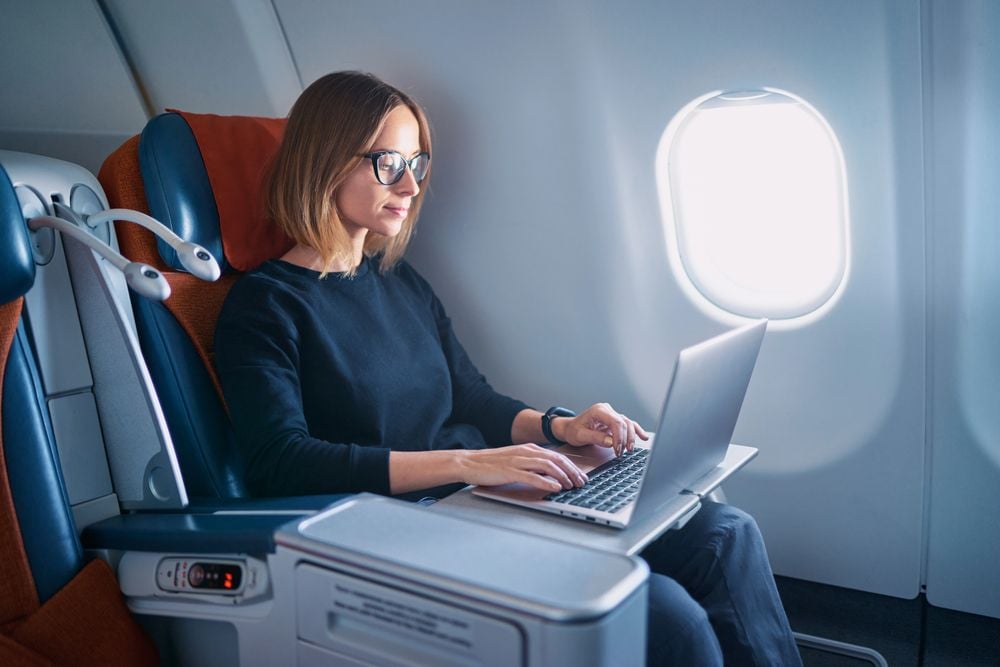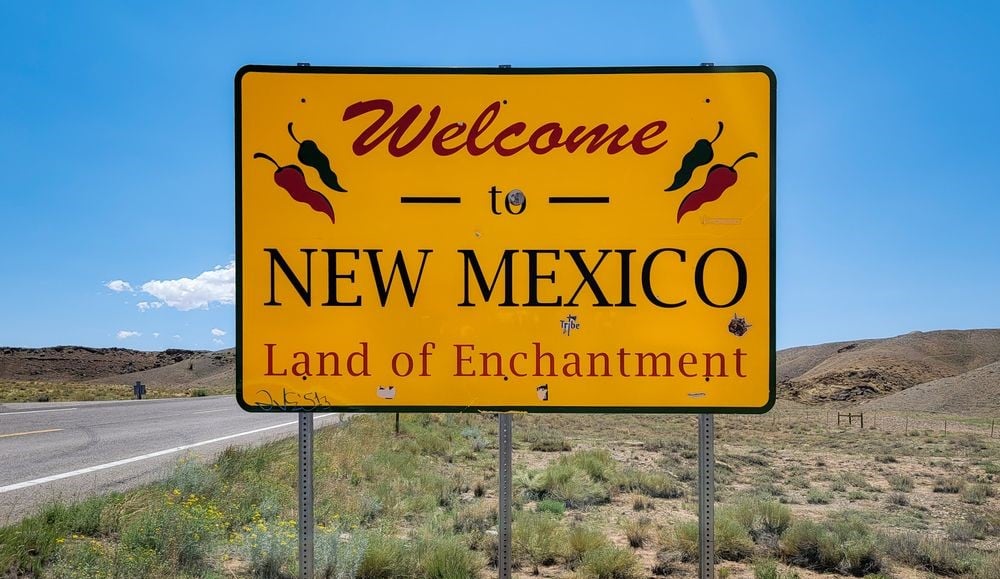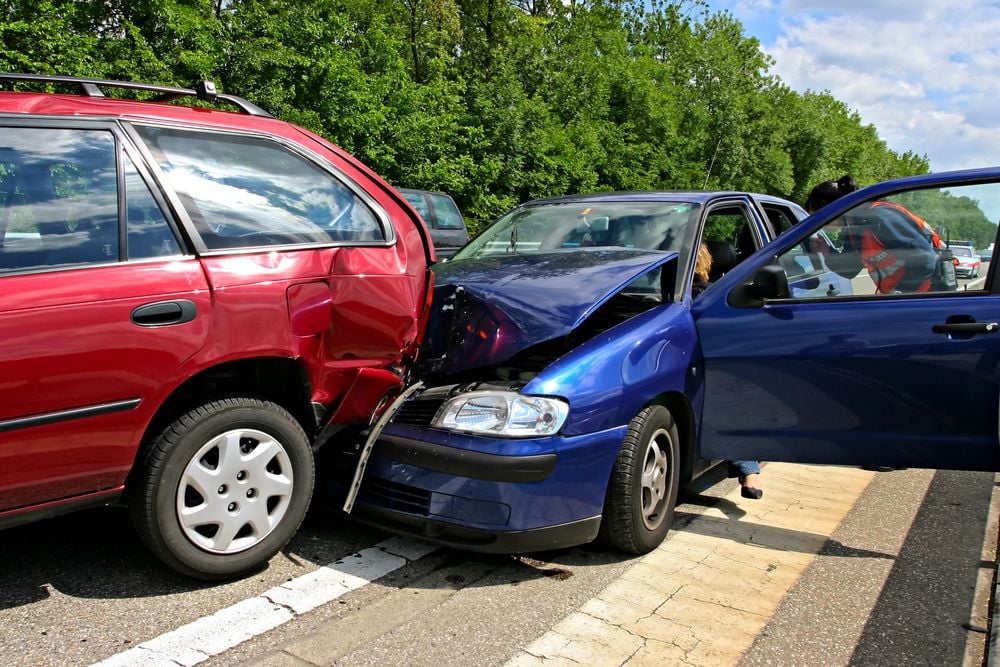The Surprising Reason Why You Shouldn’t Clap When a Plane Lands
We all naturally want to celebrate upon a turbulent landing, an unsettling descent, or a close landing experience. And oto celebrate we tend to clap at wheel touchdown because it expresses their gratitude for landing safely.
As a regular traveler who has experienced diverse flight conditions including emergencies. During those flights, the cabin passengers would frequently express their appreciation through applause.
However, travel etiquette specifically discourages passengers from cheering during plane landings although many people tend to do it anyway. Curious why?

Well, we will share several reasons why according to two experts we had a chat with. So, let’s get right into it:
Why Do Most People Clap When A Plane Lands?
First things first, why do people actually clap when a plane lands?
Passengers use clapping as a method to express their gratitude for a safe landing particularly when their flight experiences turbulence. ‘Passengers clap for various reasons,’ says Jacqueline Whitmore an etiquette expert and former flight attendant with over 20 years of experience. She founded the Protocol School of Palm Beach, focusing on business etiquette.
She notes that passengers applaud for three different reasons: to show their relief after a safe landing to express gratitude to the pilots or to express pure happiness regarding their arrival.
Passengers developed this tradition during the first years of commercial flight since flying was a special occasion and they would express gratitude for landing safely.
Additionally, the habit of cheering after returning home is rooted in Philippine and Puerto Rican cultures while other societies have abandoned this practice. According to Lin-Manuel Miranda’s tweet clapping at arrival serves as a happy gesture to celebrate beating gravity and experiencing life.
Why You Shouldn’t Clap When a Plane Lands?
Now that we have an idea of why people clap, here are the reasons why you shouldn’t clap upon landing. Clapping after a flight appears harmless yet many people do not consider it polite behavior. But why?
Well, the experts who study etiquette explain that applause may appear sarcastic when performed at a slow pace or with excessive volume which generates unintentional mocking instead of genuine praise.
Secondly, every pilot must perform safe aircraft landings as part of their professional duties. Therefore, applauding can deliver a message to pilots that their routine responsibilities may have been doubted in a way and that might be perceived as disrespectful.
Also, the practice of clapping can at times be insensitive during specific moments. For instance, passengers who experience flight turbulence, emergency landings, or medical emergencies during their flight can develop feelings of shock and distress. Therefore, clapping during such moments creates discomfort for those who are still dealing with challenging situations.
Overall, the positive intentions behind clapping should be reconsidered since such actions might create negative perceptions among flight crew and other travelers.
Is this airplane etiquette rule applicable to all cultures and countries?
Yes, clapping after a plane lands can mean very different things depending on where you are. People in Colombia and Bulgaria express their gratitude through applause that is received positively.
The practice of clapping after a plane landing holds different meanings between the U.K. and other locations since locals in the U.K. view clapping as either superfluous or improper.
For international travel, it makes sense to observe the cabin atmosphere before taking any actions. According to etiquette experts, you should both observe how other passengers behave and learn about the customs of your destination. You should hold back from clapping until you verify others are participating.
Is It OK to Clap at Any Other Point During a Flight?
Yes, there are moments when clapping on a flight is encouraged and appreciated says Whitmore, including:
- Achievements: Applaud when a passenger reaches a milestone like 1 million miles traveled.
- Victories: Cheer for sports teams or celebrate live updates on major events like the Olympics or Super Bowl wins.
- Military Recognition: Show appreciation when military members are honored for their service.
- Special Occasions: Celebrate honeymoons, anniversaries, birthdays, engagements, or a pilot’s retirement.
Important: Never clap, snap, or whistle to get a flight attendant’s attention. This is considered disrespectful says Diane Gottsman a national etiquette expert with 20+ years of experience and the founder of the Protocol School of Texas. She’s also the author of Modern Etiquette for a Better Life.
What to do to show appreciation
If you love to show appreciation to pilots and flight attendants for their work, you can opt for these ways:
- Prepare for Landing: During landing operations follow all requirements by putting away your tray table and cleaning your space while also adjusting your seat to its upright position. Your gratitude saves time for crew members while demonstrating your focus on the task.
- Saying Thank you: Direct verbal expressions of gratitude should be directed toward crew members and pilots when you depart from the plane. Short expressions of gratitude including “Thank you for the flight” and “I appreciate you” demonstrate genuine appreciation.
- Leaving written feedback: This should focus on positive experiences rather than negative ones. Submissions of positive feedback through thank-you notes and online reviews that showcase exceptional crew or pilot service should be considered.
And that’s all for today, folks.






